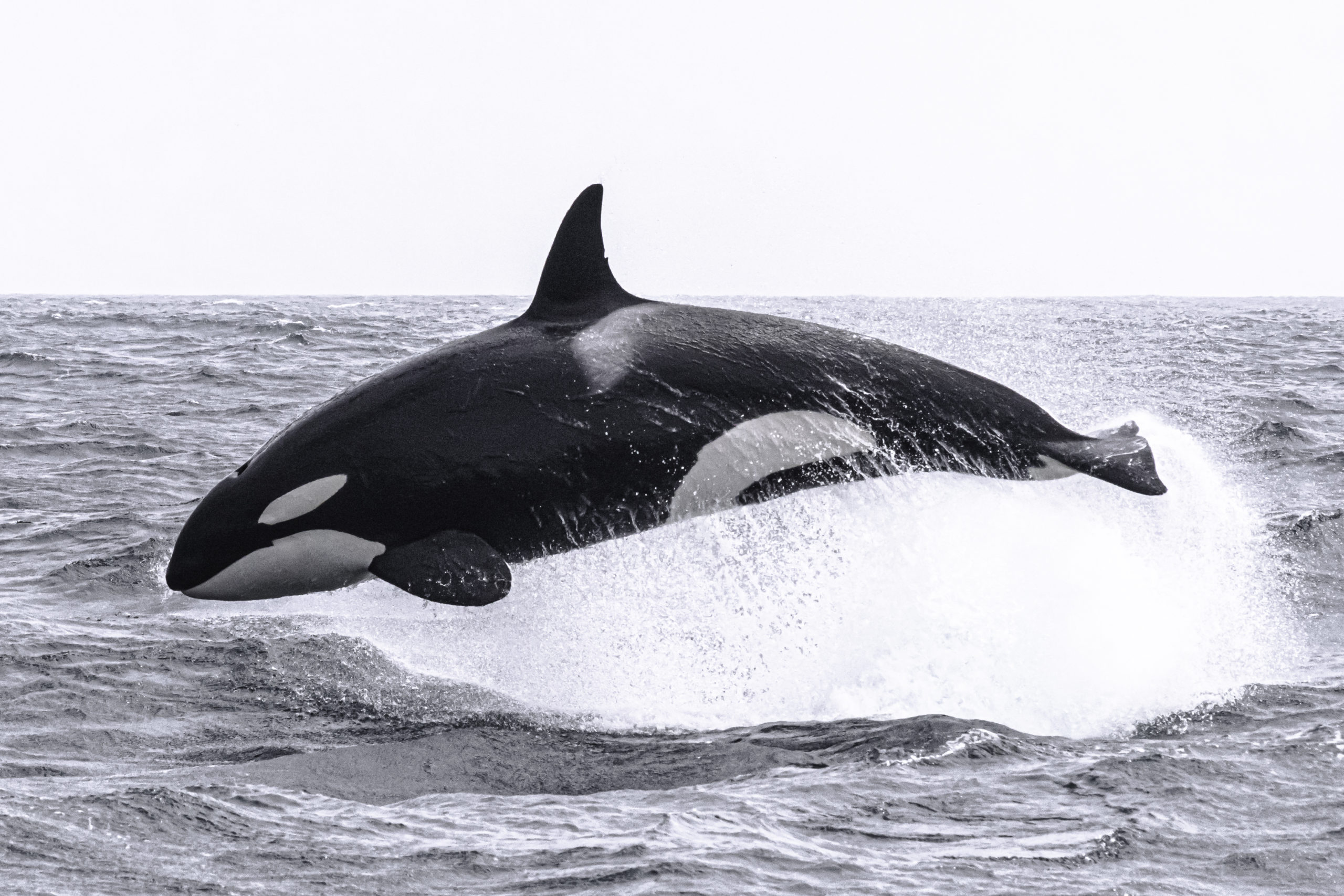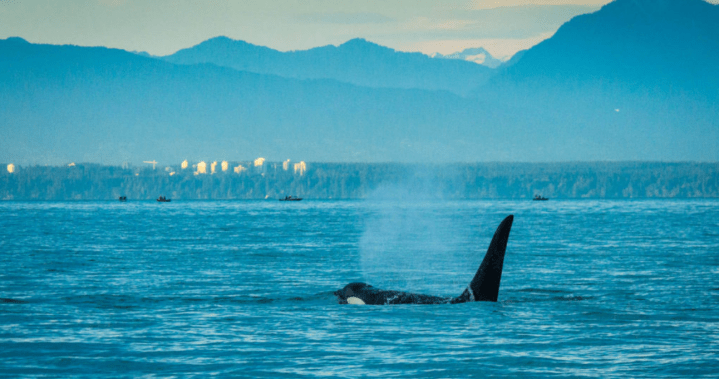searun
Well-Known Member
Interesting Federal Court decision ordering AK harvest of Chinook - upshot is this ruling could pass more Chinook from BC through to our SRKW and rivers - few headlines:
September 29, 2021— A groundbreaking new ruling from the federal court in Seattle is calling into question the continuation of decades of unsustainable commercial salmon harvest in Southeast Alaska, a decision that may lead to increased available prey for starving Southern Resident killer whales and allow protected Chinook populations to rebuild in rivers throughout the coast.
On Monday, in response to a lawsuit filed by Wild Fish Conservancy, U.S. Magistrate Judge Michelle Peterson issued a report and recommendation finding the National Oceanic and Atmospheric Administration (NOAA) is in violation of the Endangered Species Act (ESA) by relying on undeveloped and uncertain future mitigation to authorize commercial salmon harvest at levels that NOAA admits are pushing federally-protected Southern Resident orcas and wild Chinook closer to extinction.



